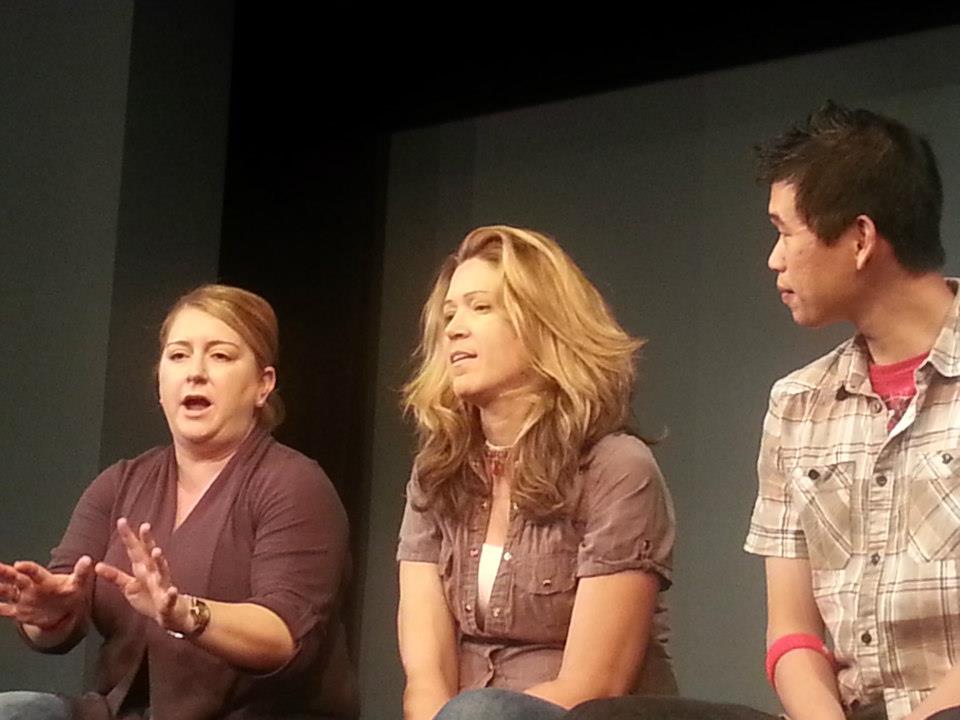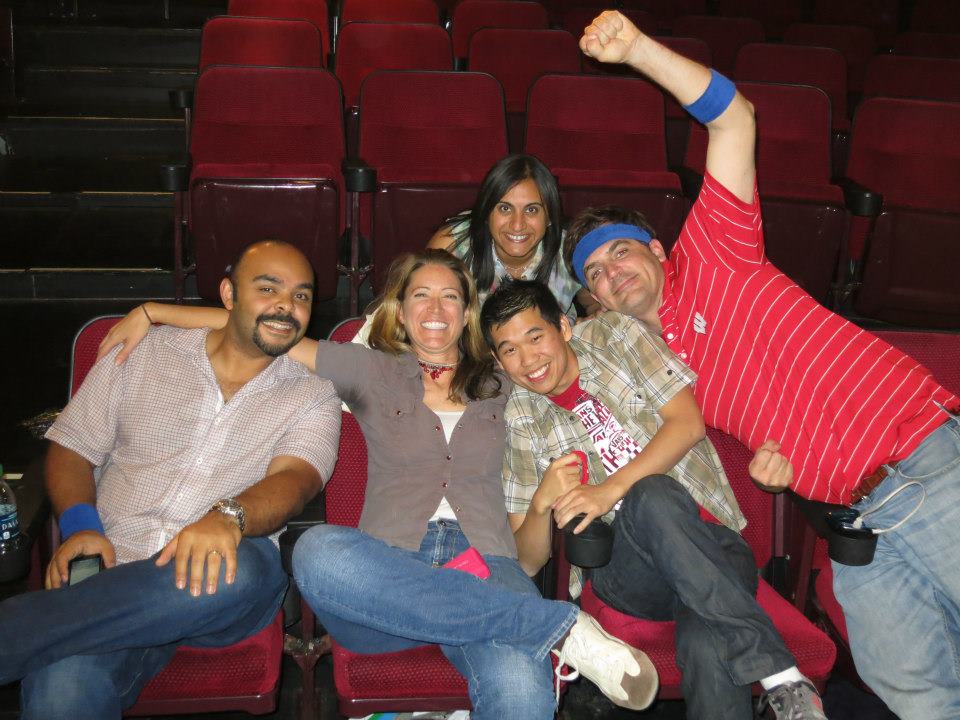On June 23, this year, I walked into my first improv class at the National Comedy Theater in San Diego. This Wednesday, November 28, I will perform a live improv show with my fellow classmates, in completion of my improv training. I signed up for these classes for skill building as a public speaker, but was surprised to also find a number of life lessons relevant to my work as a sex therapist and relationship counselor.
1. Yes, and… The first rule we learned was not to deny anything another player says, but to build on whatever they’ve added to the scene, through a “yes, and…” mentality. This means that I could have an idea and vision of where to take a scene and it will never work out that way. This is a nice reminder in relationships: if you find yourself arguing to be right, want things your way, or are just generally disagreeable, perhaps a shift to a “yes mentality” could breathe some new life into your partnership. What would happen if you spent a day saying, “yes, and…” to all your partner’s ideas and suggestions? I guarantee it would be a unique experience.
2. Spontaneity and mindfulness. Improv is different than stand-up comedy because the humor is based on spontaneous interactions between the players, not pre-determined stories and jokes. Improv is a prime example of being in the moment with another person, and building a scene, from moment to moment. Mindfulness is awareness in the moment, without judgment. Being mindful allows the improv players to be flexible and go with the flow.
I am always teaching about mindfulness with my clients for personal growth, improved communication, and enjoying pleasure in the bedroom. If we are distracted or caught up in our mind chatter, we can’t be present in the moment or truly enjoy our partner. If we aren’t aware of our thoughts, emotions, and sensations, we can’t know our triggers or patterns and how to alter them. When we practice mindfulness in our relationships, we stop dragging the past into the present and are able to respond to what’s happening in that moment.
3. Fresh Choice. One of the games we play in improv is called Fresh Choice. We ask for a random suggestion from the audience for something like a sport, occupation, or relationship between two people. With only that information, we start creating a scene together. There is a referee, however, who has ultimate control over the scene by calling out “fresh choice!” after any spoken line. If the referee doesn’t like the new line, they can keep calling “fresh choice” until they do.

















































